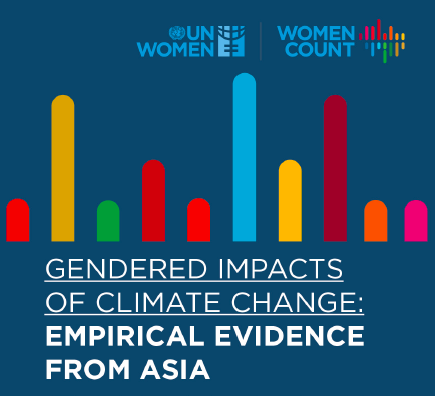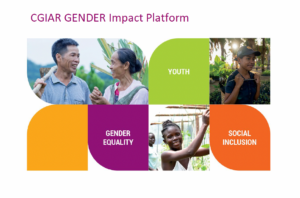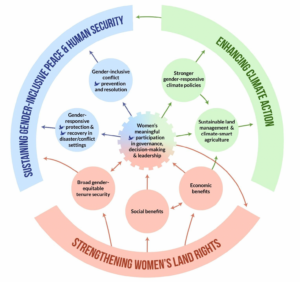This paper explores the connections between phenomena related to climate change and gender-related outcomes in Bangladesh, Cambodia, Nepal, the Philippines and Timor-Leste. In particular, it tests these associations by utilizing random forest machine learning techniques and binary logistic regression analysis, on a data set that integrates data from Demographic and Health Surveys (DHS) and geographical information systems (GIS).
Findings suggest that climate-related factors are statistically associated with gender-related outcomes in all five countries, even after controlling for socioeconomic variables such as wealth, education and age. As expected, the clearest connections are found with the availability of clean water and fuel in households, thus highlighting that increases in relative aridity, temperatures, the risk of floods and the frequency of droughts may impact women’s fuel and water collection burdens across all countries considered. Strong associations were also observed between these climate-related variables and child marriage and adolescent births, particularly in countries such as Bangladesh, Nepal or Cambodia, where social norms support these practices overall. Connections between climate-related variables and the prevalence of intimate partner violence were milder and differed across countries.
These findings demonstrate the potential consequences that climate change may have on gender equality and women’s empowerment. They are a warning sign that the two issues cannot be addressed in isolation, and they shed light on the important data gaps hindering further analysis in this regard, including intersectional and multidimensional analysis that truly captures the complexity of these relations.
Authors: Sara Duerto-Valero and Sneha Kaul
Source: UN Women




